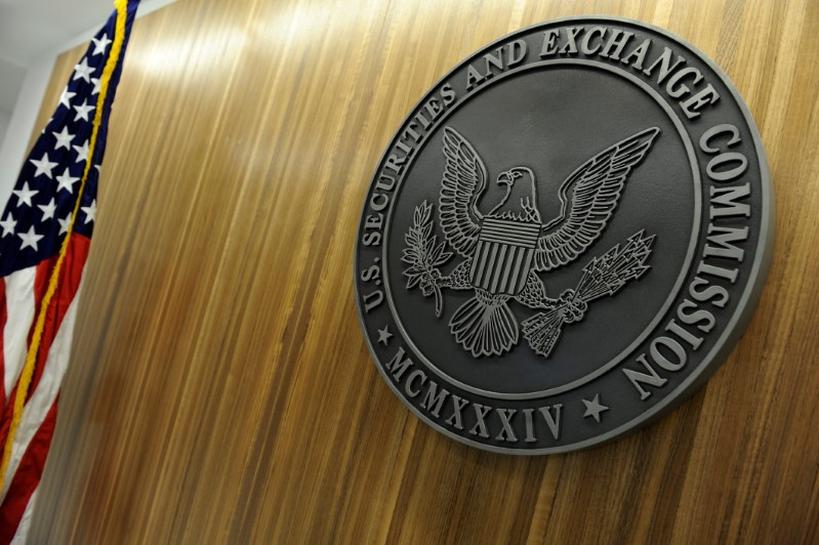
- U.S. Securities and Exchange Commission brings landmark lawsuit against the decentralized finance or DeFi space
- More proactive SEC likely to continue with enforcement actions, but as long as the vast majorit of these cases never make it to trial, should provide some comfort to existing cryptocurrency industry stakeholders
In what will likely become a seminal case for digital asset defense attorneys, the U.S. Securities and Exchange Commission has brought its first lawsuit against a decentralized finance or DeFi project, Blockchain Credit Partners and its top executives.
The SEC is suing the Cayman Islands-registered Blockchain Credit Partners and two of its top executives, alleging that they illicitly offered securities through their DeFi Money Market platform from February 2020 to February 2021, according to a statement issued yesterday.
According to the SEC’s lawsuit, Blockchain Credit Partners sold some US$30 million worth of digital tokens that were considered securities and ought to have been registered with the SEC.
In the SEC statement, Enforcement Director Gurbir Grewal noted,
“Full and honest disclosure remains the cornerstone of our securities laws — no matter what technologies are used to offer and sell those securities.
The DeFi market has exploded since last July, with billions of dollars in digital tokens transacted through a variety of financial services that rely on smart contracts that do away with the need for a centralized or trusted intermediary.
While the Ethereum blockchain has proved to be the most popular for DeFi applications, Binance Smart Chain and Solana have also been making inroads into the space.
The recent release of EIP – 1559, the Ethereum Improvement Proposal that should see transactions on the Ethereum blockchain reduced substantially, should facilitate DeFi transactions even more thanks to an anticipated reduction in transaction fees.
But one of the concerns that regulators have had for DeFi for some time, is that counterparties can transact anonymously, without ever having to perform standard know-your-customer or anti-money laundering obligations.
Borrowing, lending, investing, insuring and trading are just some of the many transactions supported by DeFi, and all of which can be done without ever knowing who the counterparty to the other side of the transaction is, or needing a trusted third party to mediate.
Unlike his predecessor Jay Clayton, current U.S. SEC Chairman Gary Gensler, who previously taught a course on cryptocurrency and blockchain at the Sloan School of Management at the Massachusetts Institute of Technology, has shown far more appetite for enforcement action and greater regulation of the cryptocurrency space.
The action brought by the SEC against a DeFi platform is the first of its kind and Blockchain Credit Partners and its two executives elected to pay the SEC a settlement without admission of wrongdoing.
The Blockchain Credit Partners settlement mirrors a similar settlement with the New York Attorney General’s Office, by Tether, a dollar-backed stablecoin that has been a magnet of controversy.
As the cryptocurrency industry continues to expand, the SEC’s growing assertiveness will likely see more such enforcement actions taken, as well as an expansion of rules and regulations intended to provide greater investor protection in the space.



